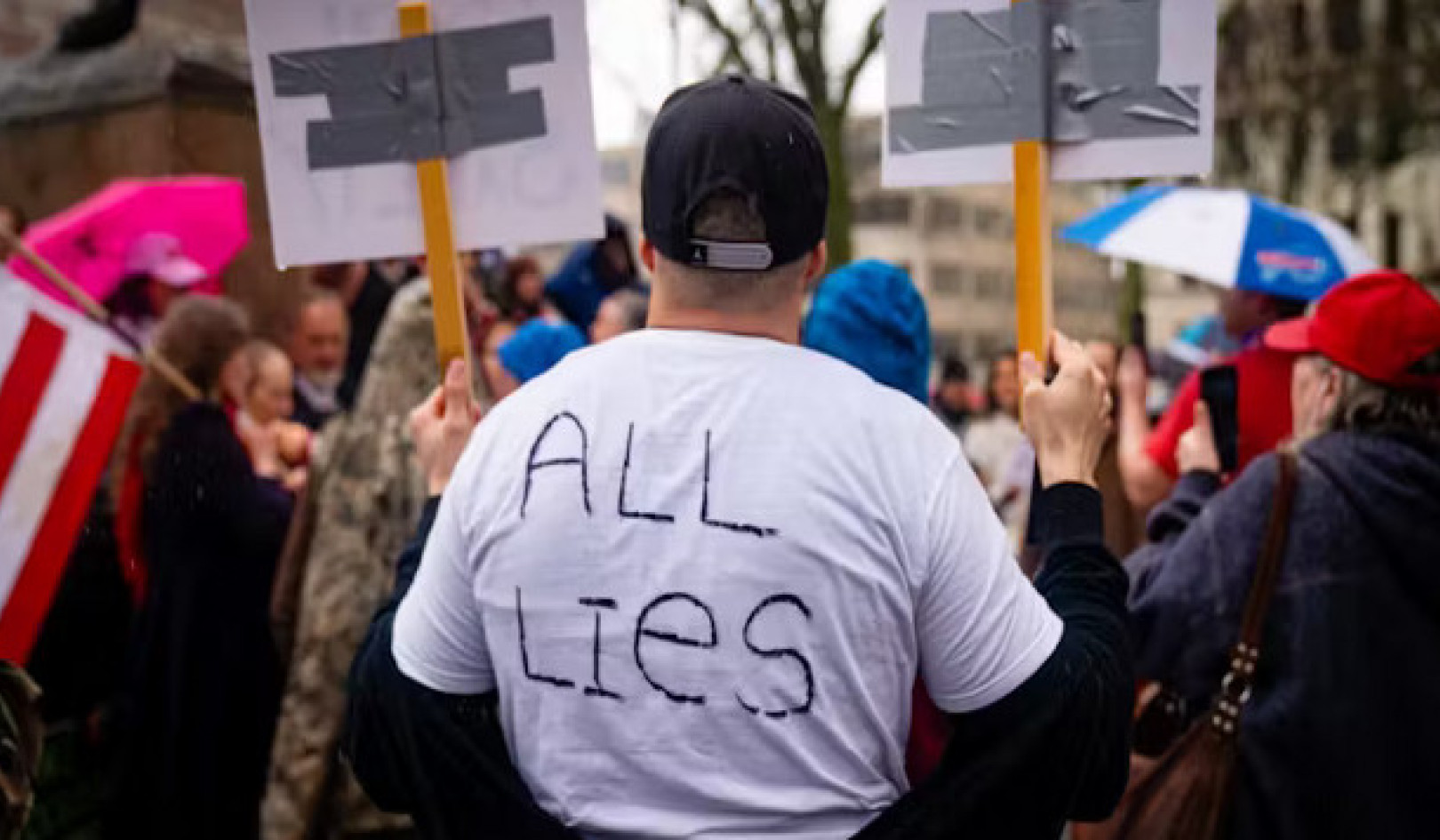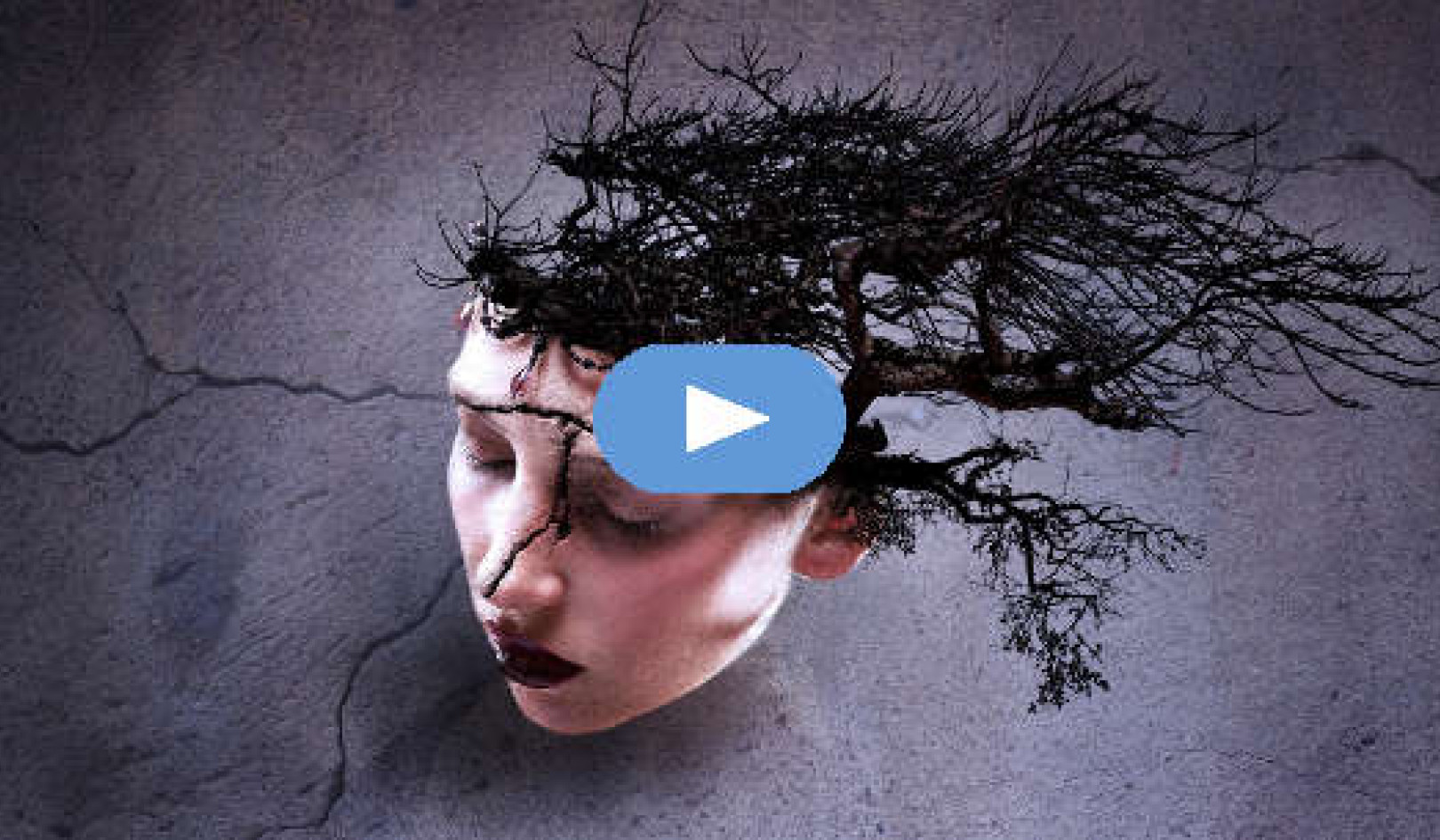
Neutral fact checks may not sway voters to abandon false beliefs based on inaccurate information, a new study suggests.
If you’re having a political argument about voter fraud, you’d think that citing a nonpartisan, neutral source like Snopes or Politifact might be the best way to correct misinformation. But that may not be the case.
In the study, reading correct information from fact-checking organizations did not persuade either Republicans or Democrats to abandon false beliefs about election fraud.
“Neither [Republicans nor Democrats] sharply corrected their beliefs when confronted with information from the fact-checking organization.”
What did work? Surprisingly, both sides were most persuaded when the factual information was believed to be from conservative news source Breitbart.
“Our experimental results demonstrate that Republicans are more likely to correct their false information when cued with the ideologically consistent source, while Democrats were more persuaded by the ideologically inconsistent source,” says coauthors Mirya Holman and J. Celeste Lay, associate professors of political science at Tulane University’s School of Liberal Arts. “Neither group sharply corrected their beliefs when confronted with information from the fact-checking organization.”
Intrigued by the polarizing climate leading up to the 2016 US presidential election, the researchers designed a study to find out how to correct someone who holds false beliefs. Because there were widespread falsehoods about voter fraud repeated during the election, they structured the study around the issue.
They asked online participants to read a newspaper article that discussed three election-fraud related claims and how each was untrue. They varied the news source of the information and asked participants to evaluate a series of voter-fraud related statements. Some were true, but the majority were falsehoods circulated during the presidential campaign.
The researchers measured how differently participants evaluated the statements about voter fraud based on which news source they read at the beginning of the survey. They found that fact-checking sources didn’t persuade partisans on either side. In fact, Republicans were more likely to believe election myths when they read correct information from Politifact than when they read no information at all.
“Fact-checking organizations may provide a public good in their attempts to correct the record, but we should not expect them to lead to a more accurately informed public,” Lay says.
“When partisan media provide accurate information that counters its typical ideological position, this can be especially persuasive…”
The study found that Republicans’ and Democrats’ beliefs in election myths declined when Breitbart said there was no evidence of voter fraud.
“Democrats may be so surprised that Breitbart would support this information that confirms their ideological position that they believe it must be true,” Holman says. “When partisan media provide accurate information that counters its typical ideological position, this can be especially persuasive not only to co-partisans, but also to members of the other party.”
The authors found the study results especially troubling because “the highly partisan sources that could be most convincing were the least likely to provide accurate news.”
The study appears in the Journal of Political Marketing.
Source: Tulane University
Related Books
at InnerSelf Market and Amazon



























